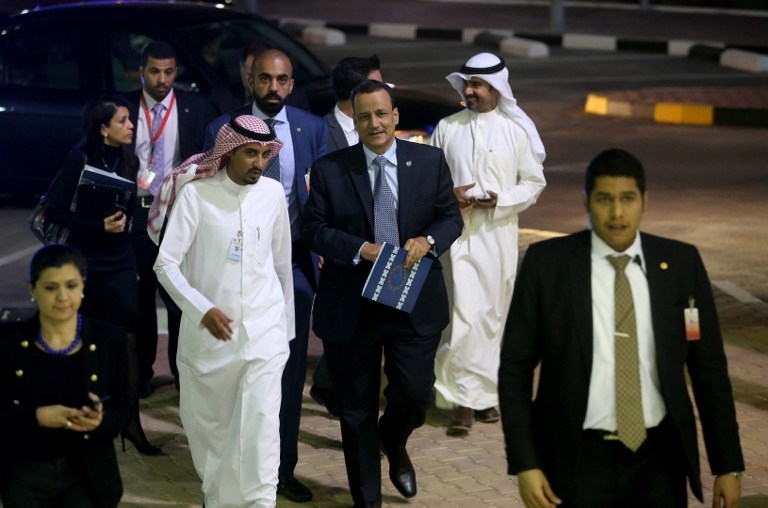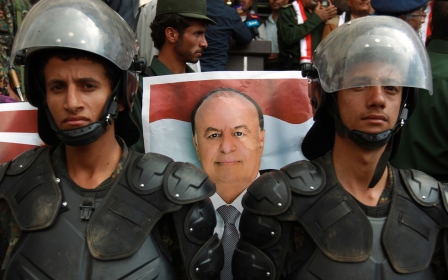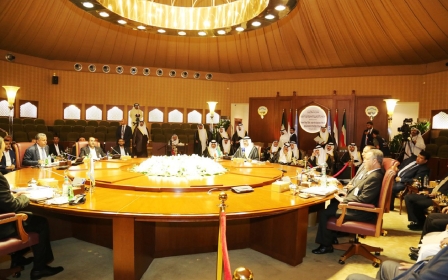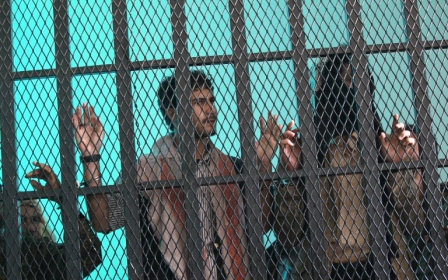Rival Yemeni delegations 'agree agenda for peace talks', UN envoy says

The UN special envoy to Yemen said on Tuesday that warring parties had agreed to a framework for talks that will open the way for extensive negotiations to end the conflict.
The announcement came after Kuwait's Emir Sheikh Sabah al-Ahmad al-Sabah, whose country is hosting the talks, met with the two delegations separately and urged them to reach a peaceful solution.
It also came a day after the UN Security Council urged all sides in the negotiations to be constructive.
The two delegations "agreed to an agenda for negotiations which is a framework for discussing security, economic and political issues," UN envoy Ismail Ould Cheikh Ahmed told a press conference.
He said "comprehensive negotiations" would start on Wednesday in line with UN Security Council resolution 2216, which is seen as a basis for any peace plan.
It states that the rebels must withdraw from seized territories and disarm before talks can progress.
But Ould Cheikh Ahmed said the UN wants all the main issues to be discussed in parallel by joint committees.
He said no timeframe has been set for the talks which should continue as necessary to achieve a "comprehensive peaceful settlement".
"We don't want to go back to Yemen without a peaceful settlement," Ould Cheikh Ahmed said.
More than 6,800 people have been killed and around 2.8 million displaced since a Saudi-led Arab coalition began operations in March 2015 against Iran-backed Houthi rebels who have seized swathes of territory, including the capital Sanaa.
Since the delayed peace talks started on Thursday, the two delegations have struggled to reach an accord on ways to firm up a ceasefire that went into effect on 11 April.
The negotiations represent the best hope in months for a settlement to the conflict.
The 15-member UN Security Council on Monday stressed the importance of agreeing on a "roadmap" to implement security measures including the withdrawal of heavy weapons.
The rebels have insisted that no ceasefire can be established without an end to coalition air strikes and sorties.
The government side wants the rebels to lift the siege on cities, open humanitarian passages and release prisoners.
New MEE newsletter: Jerusalem Dispatch
Sign up to get the latest insights and analysis on Israel-Palestine, alongside Turkey Unpacked and other MEE newsletters
Middle East Eye delivers independent and unrivalled coverage and analysis of the Middle East, North Africa and beyond. To learn more about republishing this content and the associated fees, please fill out this form. More about MEE can be found here.




